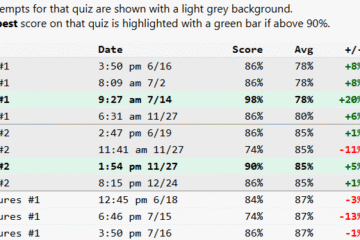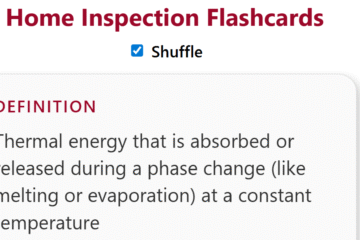All students—both in-person and online—are required to have a laptop or tablet with Zoom and Adobe Acrobat Reader installed. (Both programs are free to download.)
To ensure your success in our Home Inspection Training Program, you must also meet the minimum computer skill requirements listed below. These skills are essential for participating in our interactive, online learning environment.
Click here to review the full list of requirements.
The rules are different is each state
Colorado
Idaho
Missouri
Montana
Nevada
Oregon
Tennessee
Utah
Washington
Wyoming
Home Inspector Salary: What You Can Expect to Earn
The national average salary for a home inspector in the U.S. is approximately $60,345 per year. However, earnings can vary significantly based on factors like experience, location, and inspection volume.
High Potential: Some home inspectors earn over $100,000 per year, especially those who are self-employed and actively market their services.
What Affects a Home Inspector’s Income?
Key factors include:
Experience level
Geographic location
Complexity and the number of inspections performed
Business and marketing skills (particularly for self-employed inspectors)
With the right training and business strategy, becoming a home inspector can be a highly profitable career path.
What is the class schedule?
Class runs from 7:30 a.m. to 4:30 p.m. pacific time Monday through Saturday and then Sunday off then Monday through Saturday and then you’re done.
No. The books that we will be using are the code check series and we deliver those electronically to you after class has begun. All classes are taught via Zoom.
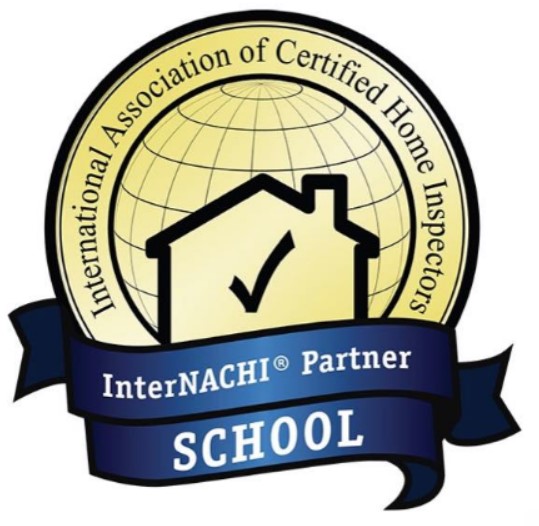
In the meantime, you may consider joining InterNACHI. There are lots of learning materials and sample tests that you can take to prepare yourself for the state exam. If you join here and use our school’s discount code “SOPHI1MO“ you will get a 1-month free membership.
You must go to nachi.org/trial and enter the code there to create a membership.
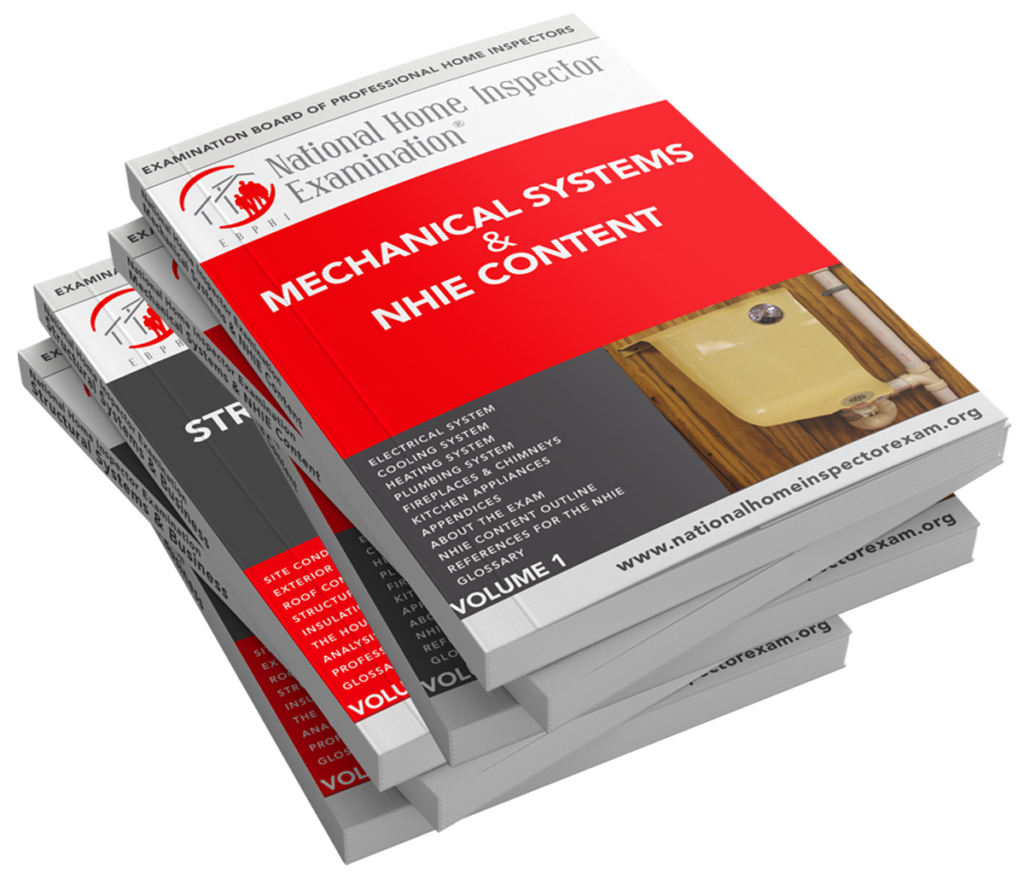
There is an optional study guide, the print version is available from nhie but it is pretty expensive at $259.00 for the printed version. We do offer this guide to our paying students at a discount. Students that have paid tuition can purchase these books for $125 for the E-book.
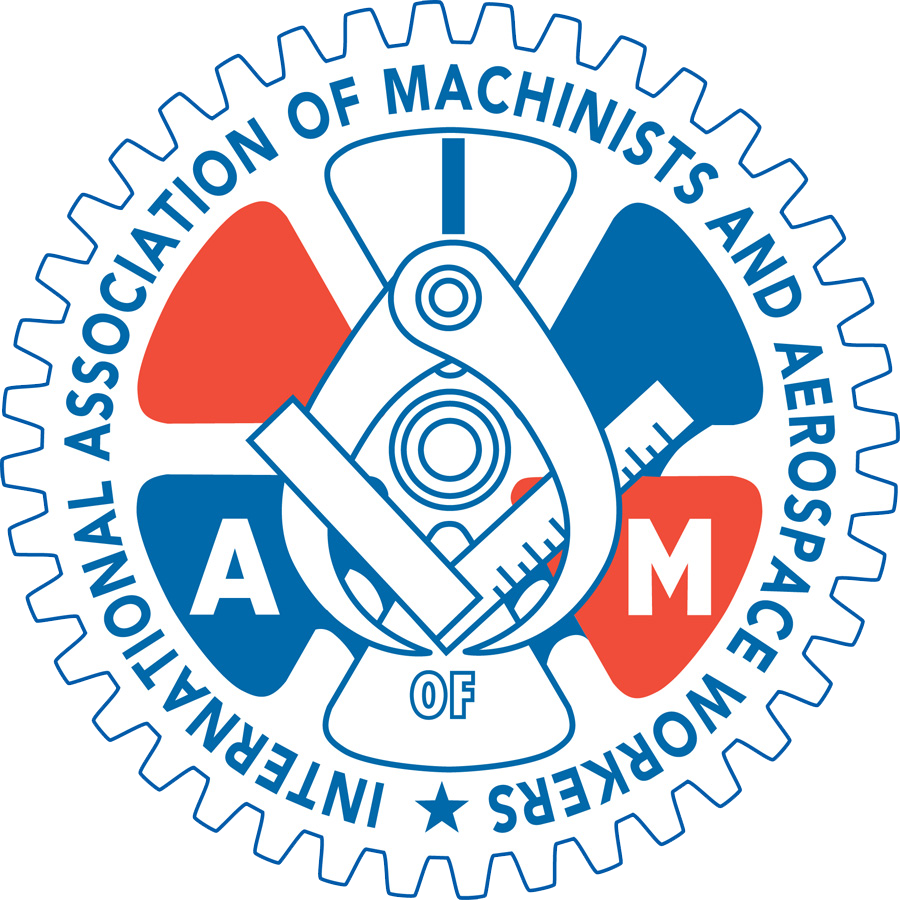
Members of the International Association of Machinists & Aerospace Workers (IAMAW) may have funding available as a union benefit. If you have been laid off and are interested in becoming a home inspector, you need to complete this form or get one from your union or hr rep.
We are happy to work with you. At registration, 50% of your tuition will be charged. The remaining balance is split into three equal monthly payments, collected 30, 60, and 90 days after class begins. Your certificate will be issued after completing the 120-hour course, passing the final exam, and making your final payment.
Be sure to check out our recommended tools in our Amazon store:
The minimum tools you will need include:
- high-quality respirators
- good flashlight
- camera
- moisture meter
- outlet tester
- minimal hand tools (screwdrivers, nut drivers, etc.)
- ladder
- safety gear, (eye protection, gloves, shin guards, jumpsuit)
- computer/software
- vehicle (think gas mileage)
In one super busy month when I was inspecting with my original gas-hog 350cid van, I spent $750 in fuel alone. When I doubled my gas mileage, it paid for a newer efficient van. Consider an efficient vehicle.
Other nice to have tools include:
- thermal camera (I like the Flir)
- drone (DJI makes great drones)
- electrical multimeter (you can’t go wrong with an entry-level Fluke meter)
I would consider buying these later, but I love all of these tools.
While most inspectors work for themselves, there are opportunities to work with multi-inspector firms and franchises. Be sure to read any offer to work for another company very carefully. We recommend you have this offer reviewed by an attorney.
Other recommended skills/licenses to consider
Structural Pest Inspector - wood destroying orginismsWe recommend inspectors in Washington State get their Structural Pest License. This allows you to inspect for ants, termites, and beetles and the damage caused by these pests.
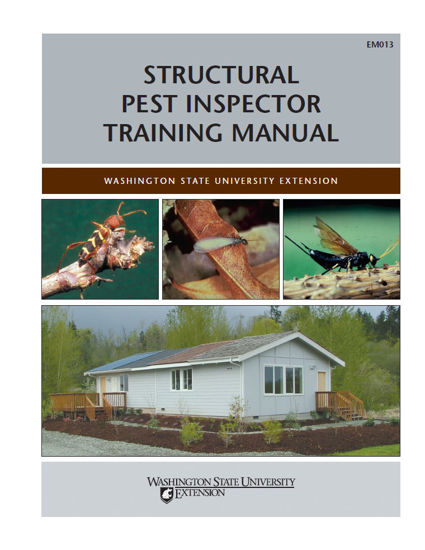
Structural Pest Inspector Manual from WSU
This manual is designed to improve the knowledge and skill of structural pest inspectors (SPIs) in Washington State. It provides instruction on how to conduct a structural pest inspection.
Structural Pest Identification in the Northwest
Resources
Washington State University Structural Pest Bulletins
- A Key to the Identification of Pacific Northwest Wood-Destroying Pests Based on Wood Damage
- Anobiid Beetles
- Carpenter Ants
- Identification and Habits of Key Ant Pests of Washington
- Moisture Ants
- Termites
HUD
HUD
U.S. Department of Housing and Urban Development has several kinds of inspections.
Many inspectors work as FHA 203(k) Consultants, learn more here
See the link above.
Sewer Scopes
This requires no license in Washington State and can be a lucrative business to run along with home inspections. It is an easy sell, I tell my clients that their sewer “is the most expensive thing I can’t see”.
Energy Audit
An energy audit is an inspection survey and an analysis of energy flows for energy conservation in a building. It may include a process or system to reduce the amount of energy input into the system without negatively affecting the output.
A home energy audit helps individual homeowners find out their residential consumption and energy flow. An audit is useful to determine areas of your home where there is energy loss and by identifying where power usage may be curbed to earn savings.
